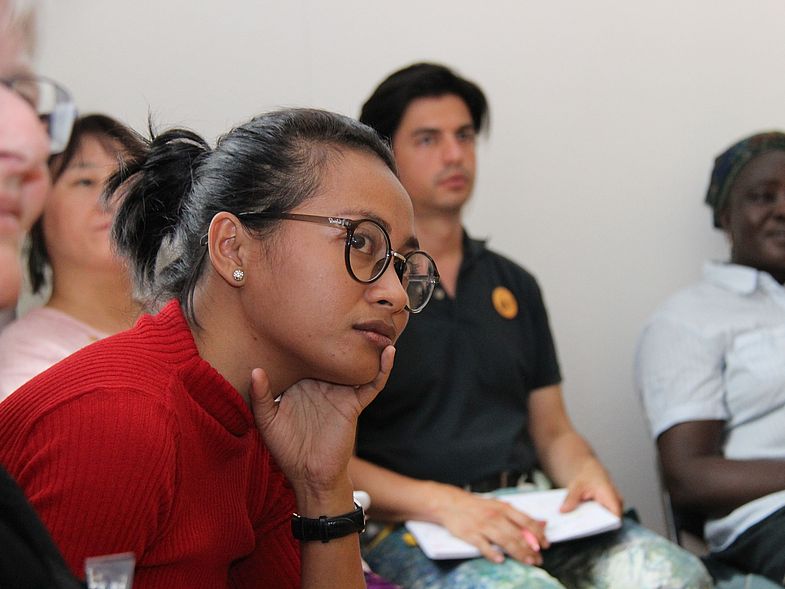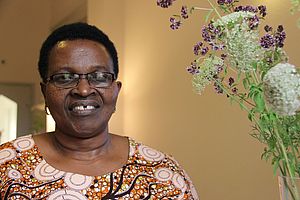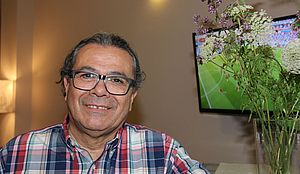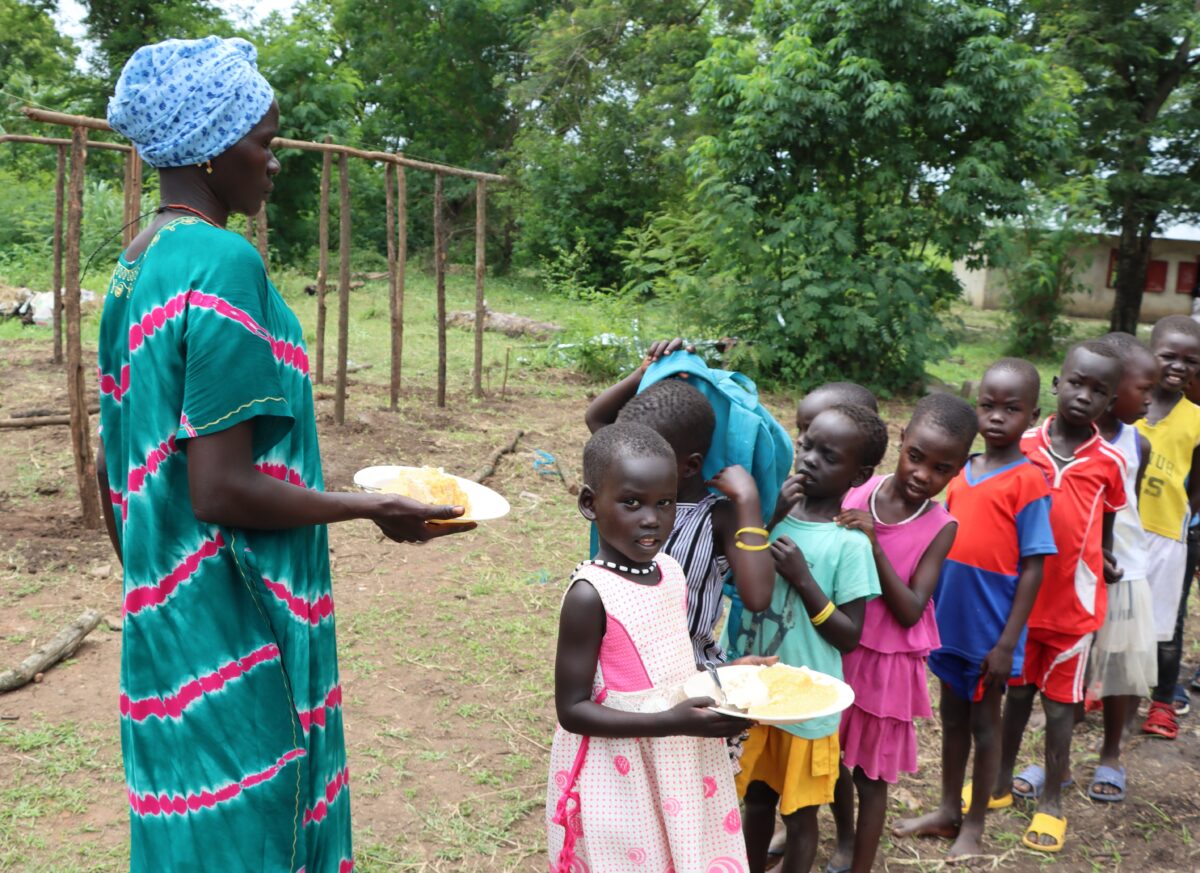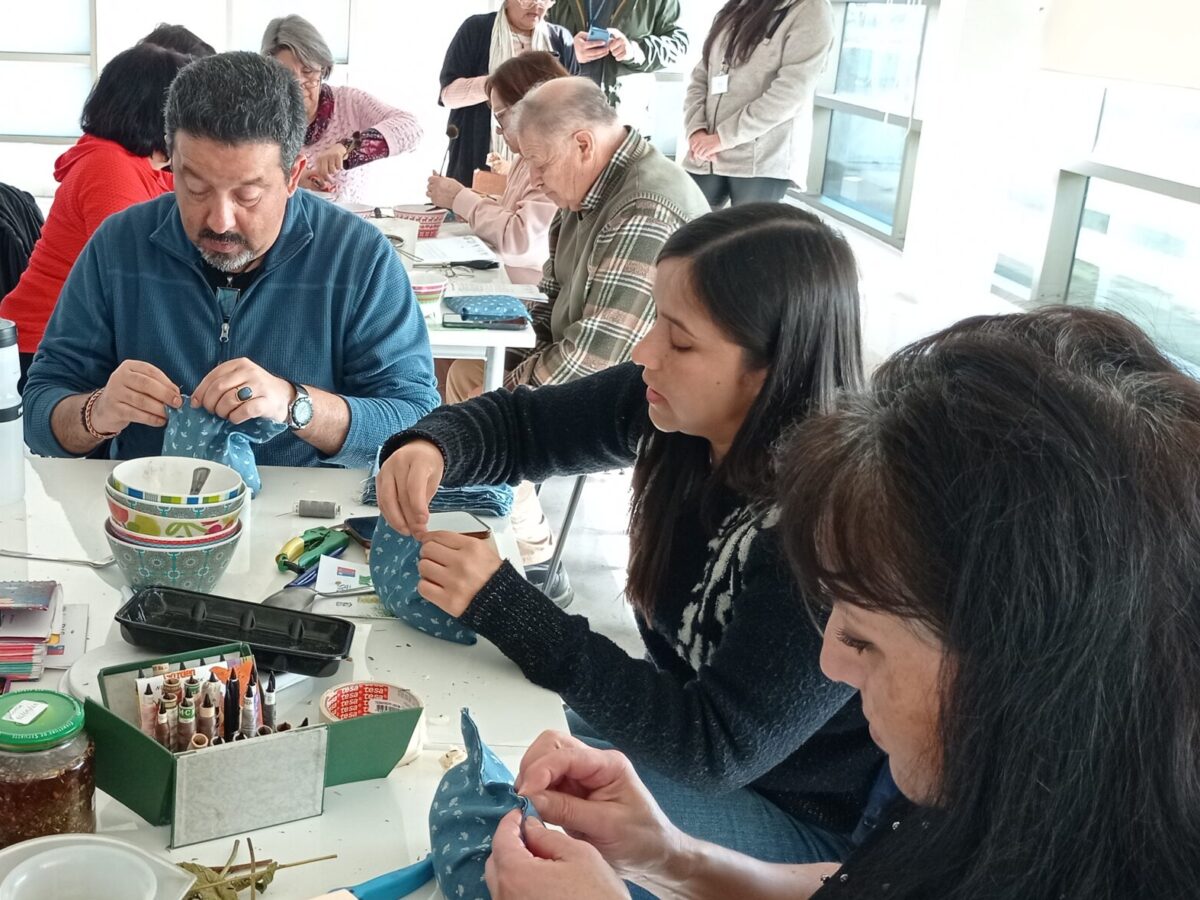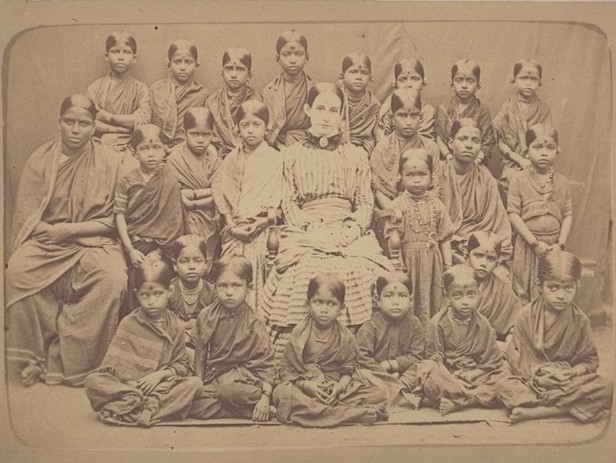Elfrantin de Haan has tears in her eyes. But her voice does not tremble. "Every week, people come home in coffins," she says, "and if they are still alive, some of them are badly wounded. Recently, a woman came back without hands or feet. Another one screams in her sleep every night."
Violence and human trafficking
Elfrantin is a pastor in Timor, one of the poorest regions of Indonesia. The women she talks about are migrants who leave their homeland in search of an income. They go to Hong Kong or Malaysia, for example, as domestic workers - and many have terrible experiences there. It is not uncommon for them to receive no money for their work, and many become victims of violence or human trafficking.
Relationships with people are the greatest motivation
The problem is huge. What can a pastor like Elfrantin de Haan do about it, and what motivates her to stand up for the rights of these women? "It was always a dream for me to become a pastor," Elfrantin answers this question. "Over time, I realized that it's not just about preaching or praying, but first and foremost about forming relationships with people." Those relationships motivate her every day. Her work brought her into contact with the issues of migration and human trafficking, and she cannot and will not look away.
Reports at public event
Elfrantin de Haan is the first of many women and men who will speak about their work and motivation at the Mission House on June 28. Surrounding the event is a multi-day workshop on sustainability in advocacy work. It will focus on how advocacy for women's human rights can have a long-term impact. The workshop is organized by Mission 21's "Women and Gender" staff unit, and participants come from countries in Africa, Asia and Latin America.
Descriptions from Tanzania
One of them is Mary L. Kategile. Like her colleague from Indonesia, the pastor from Tanzania tells of her motivation: "In my family, women were always treated well," she says. "But I lived in a remote region and saw that the people around me treated women like second-class people." This contradiction preoccupied her as a child - as a university lecturer in theology, it is now part of her job to fight it. A personal experience deepened her motivation to stand up for women's rights: "When I became a widow, something happened that I would never have thought possible: my husband's family wanted to take everything I had. That's a reality for many women, but I didn't expect it to happen to me."
Mary L. Kategile, Tanzania
Political activities in Chile
The stories of Elfrantin de Haan and Mary Kategile were complemented by numerous others. Men also described their motivations. Raúl Rosales Careño from Chile, for example, also a theologian, spoke about the political activities of female students who are committed to an education system free of gender-based violence and who have a lot of support in society.
Raúl Rosales Careño, Chile
With the numerous reports, the evening provided an in-depth look at the advocacy work of Mission 21 and its partners in Asia, Africa and Latin America.
Text and photos: Miriam Glass, Public Relations Mission 21
